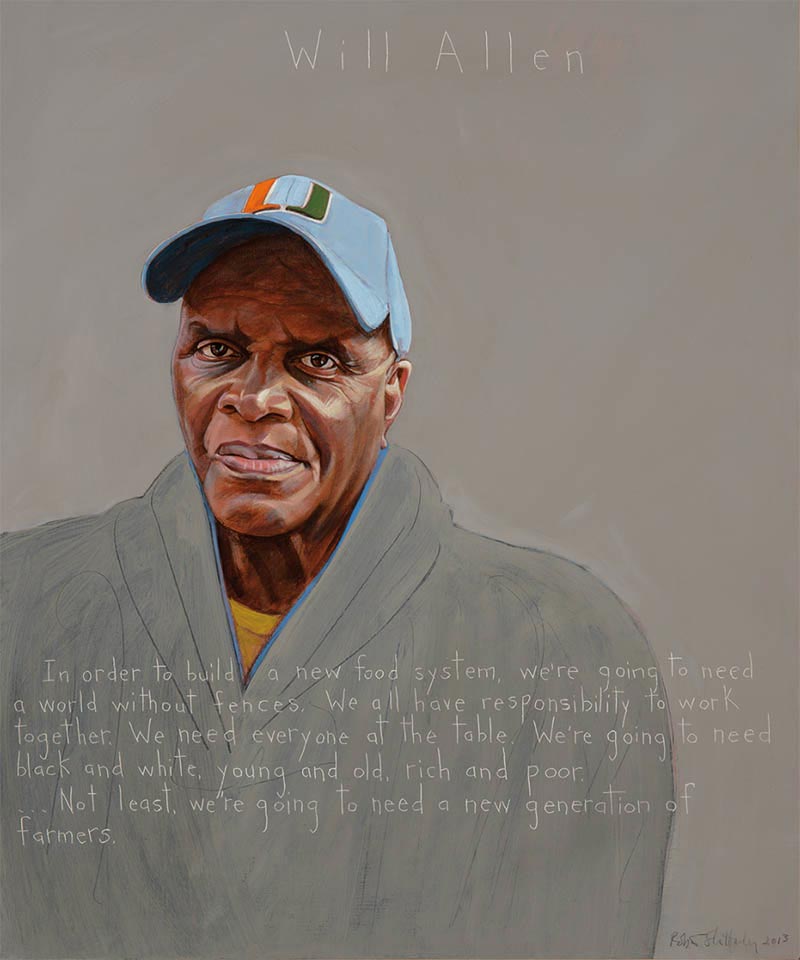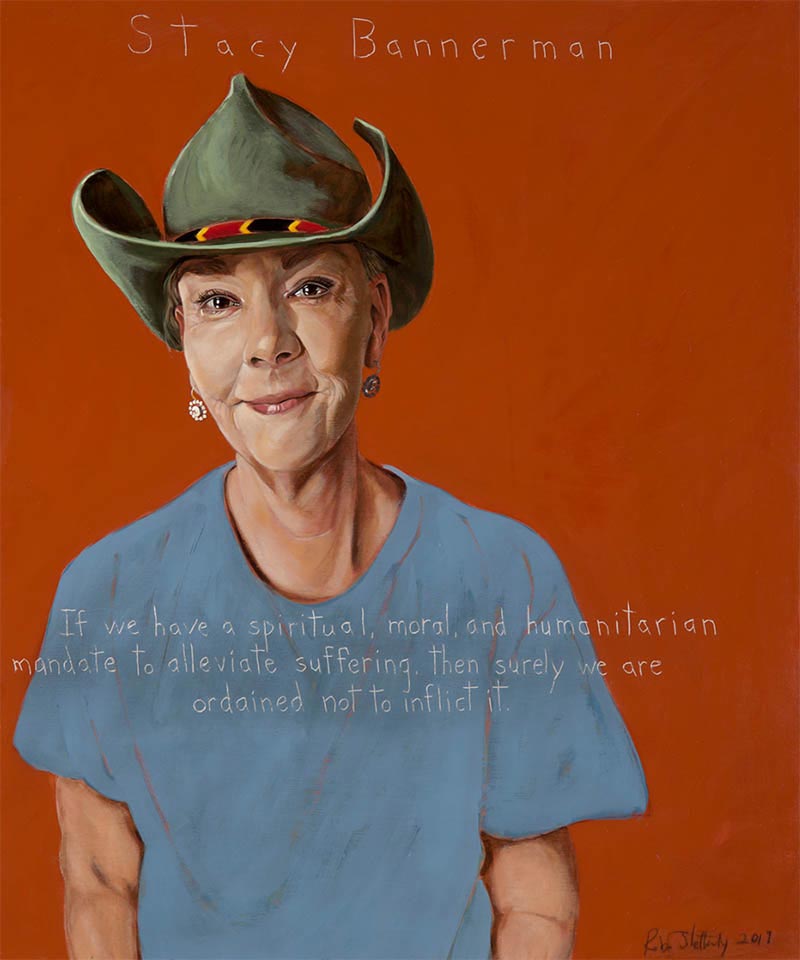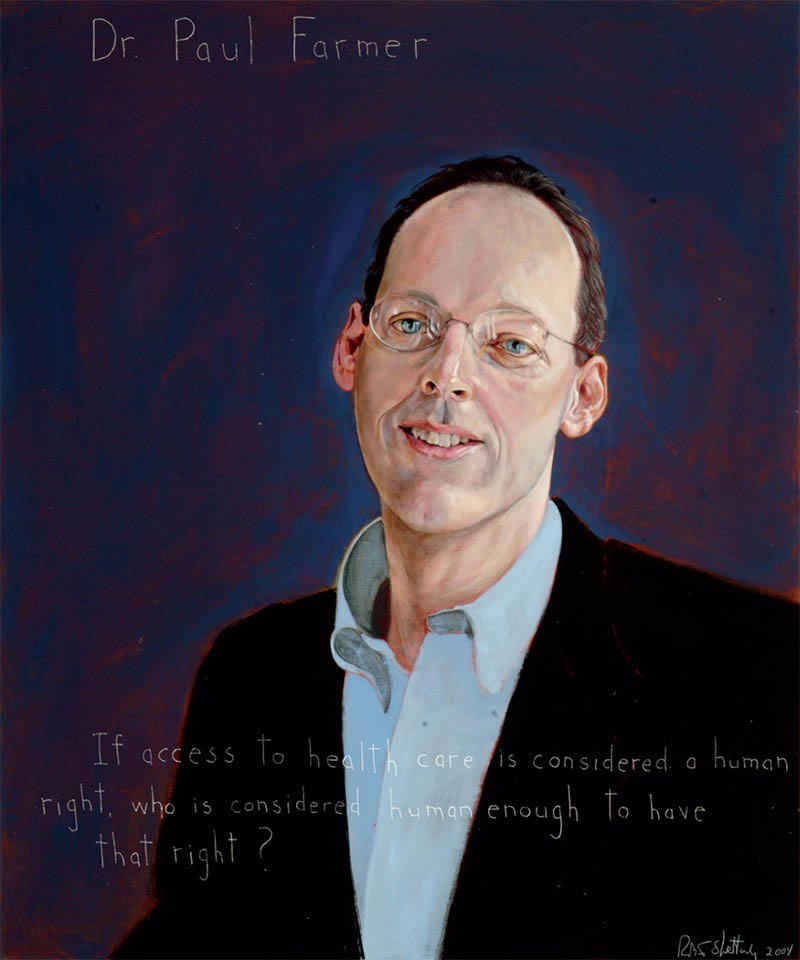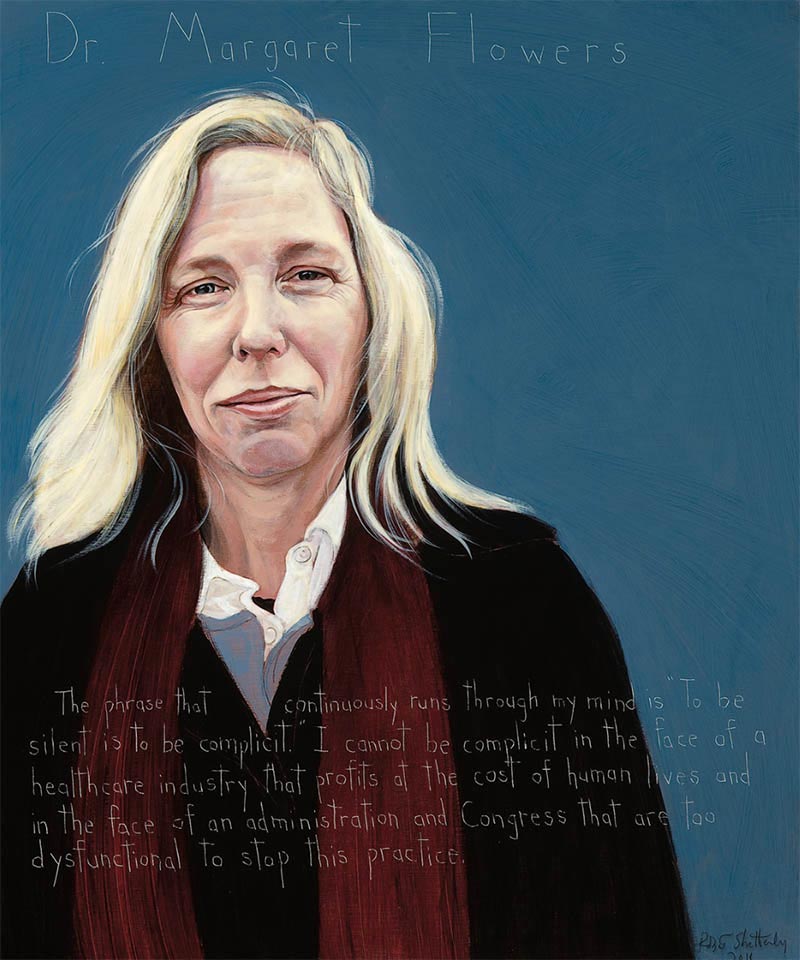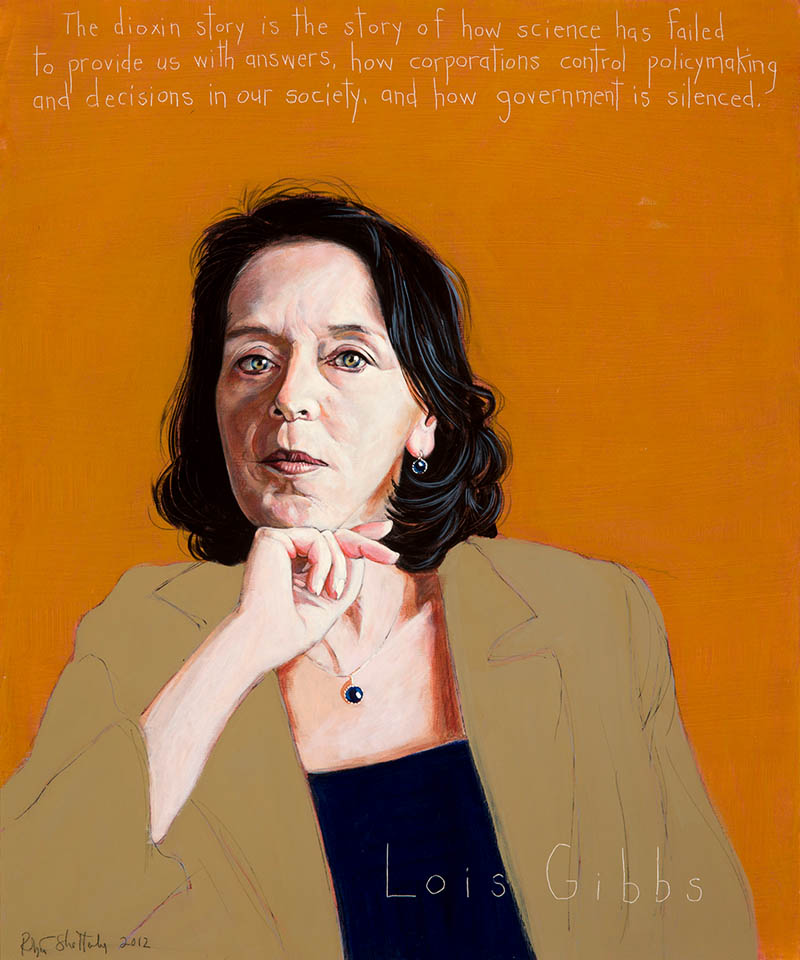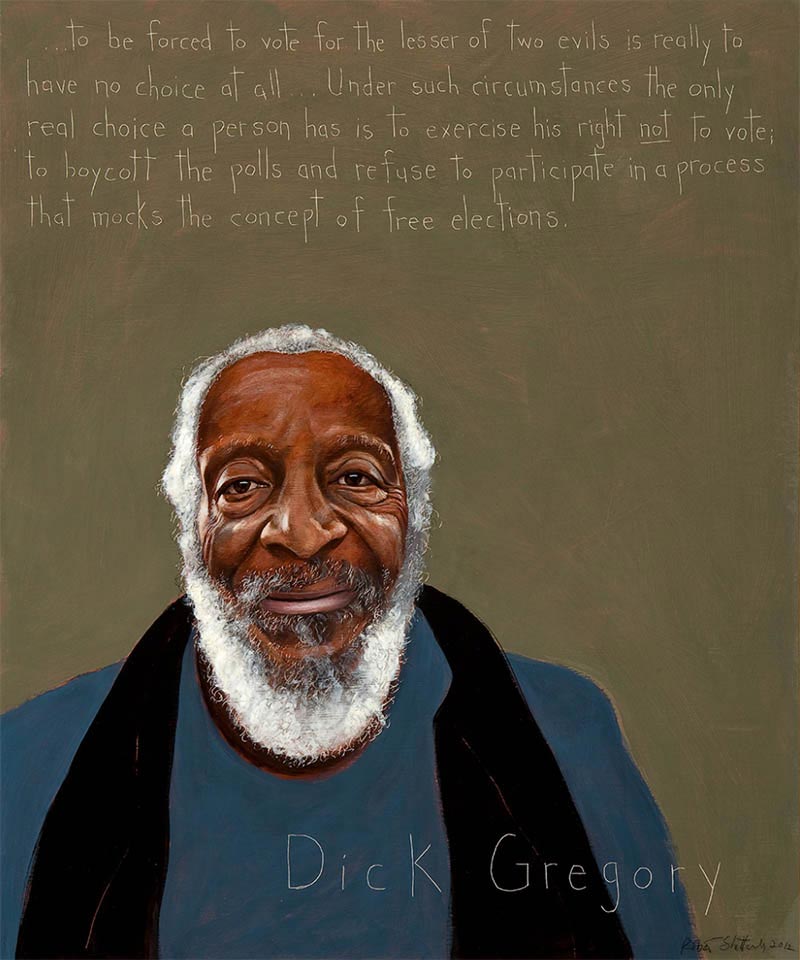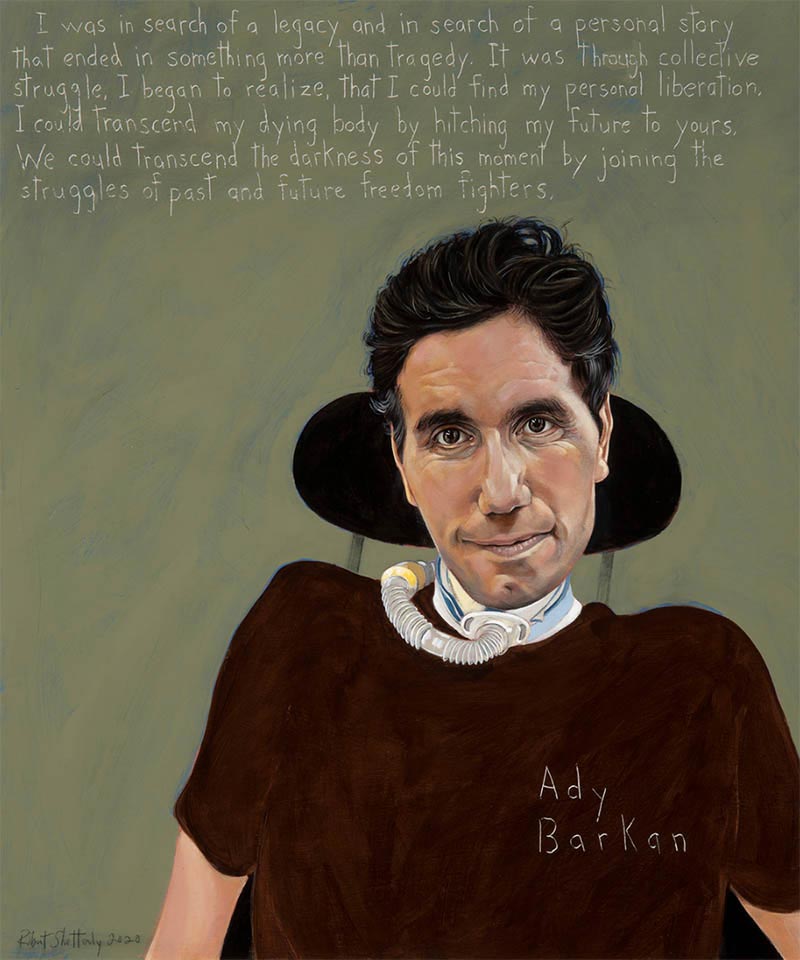
Ady Barkan
Healthcare and justice activist : 1983 - 2023
“I was in search of a legacy and in search of a personal story that ended in something more than tragedy. It was through collective struggle I began to realize that I could find my personal liberation. I could transcend my dying body by hitching my future to yours. We could transcend the darkness of this moment by joining the struggles of past and future freedom fighters.”
Biography
Yale Law School graduate
Director of Local Progress
Director of the ‘Fed Up” Campaign for the Center for Popular Democracy
Co-founder of the Be A Hero political action committee
Health care activist
Author of Eyes to the Wind
Father of Carl and Willow
Although none of us knows the precise date of our death, some of us are more fully aware that the inevitable day is imminent. Possessing that knowledge can help to focus one’s mind. Ady Barkan had always focused on advancing social justice and greater social equity. However, after being diagnosed with ALS (Amyotrophic Lateral Sclerosis) in October 2016, he decided to ramp up his efforts. He had years – not decades – to do the work.
Ady Barkan, who was born December 18, 1983 and raised in California, was the Director of Local Progress and Director of the ‘Fed Up” Campaign for the Center for Popular Democracy. Barkan was a 2006 graduate of Columbia College (a division of Columbia University) and a 2010 graduate of Yale Law School. Before Yale Barkan worked on a Congressional campaign in Southern Ohio and, during law school, participated in Yale’s clinical program, to gain practical experience in representing people with low incomes.
After graduating Barkan landed a clerkship with the U.S. District Court Judge Shira Scheindlin in New York City. Soon after his arrival the 2011 Occupy Wall Street Movement (OWS) took off in lower Manhattan. The movement highlighted the nation’s great wealth inequalities, with the top 1% of society controlling the vast majority of U.S. wealth and power. “We are the 99%” was the movement’s rallying cry. Spurred by this movement, Barkan became a committed activist.
Though the physical occupation of New York City’s Zucotti Park came to an end before the close of 2011, OWS, and its fight for the 99%, became a global phenomenon. Meanwhile, activists like Barkan moved into other organizations fighting for greater social and financial equality. In 2012 Barkan developed the “Fed Up” campaign, where his goal was “to help reshape the Federal Reserve into a fully public entity representing the interests of all of the American people, not just those on Wall Street.” In 2014 Barkan led a protest of the Federal Reserve at its meeting in Jackson Hole, Wyoming, and in February 2016 the Center for Popular Democracy released a report criticizing the Federal Reserve’s lack of racial and ethnic diversity, as well as citing its excessive allegiance with banking executives. The report’s recommendations were adopted by the Clinton presidential campaign and incorporated into the 2016 Democratic Party platform. Simply put, Barkan explained, “[w]e want to make sure that regular voices are being heard. …”
It was October of 2016 when Barkan was diagnosed with ALS (also known as Lou Gehrig’s Disease). Just four months earlier, Barkan’s wife Rachel King – who he had met at Columbia – gave birth to their son Carl. King was teaching at the University of California, Santa Cruz, and Barkan was fully engaged in his activist work. The diagnosis forced him to face his mortality. After a period of uncertainty, Barkan grew into his new reality: “The way that I have tried to make meaning out of my ALS is to turn it into a weapon for struggle, so that it becomes more than merely tragedy…,[m]ore than merely loss.” He chose to continue fighting.
Navigating our broken health care system, while dealing with ALS, inspired Barkan to advocate for single payer healthcare. As his ALS progressed, Barkan required more medical assistance from private insurance, family contributions, and donations from supporters. He promoted his case publicly, to advance the argument that this wouldn’t be necessary if the United States adopted a “Medicare for All” healthcare system.
In December 2017, the Republican controlled Congress was preparing to legislate tax cuts for wealthy people and corporations. This loss of revenue would undoubtedly trigger cuts to the nation’s public health programs. While working on this issue and coincidentally finding himself on a cross country flight with U.S. Senator Jeff Flake (R-AZ), Barkan confronted the senator about his pending vote on the tax cut. Liz Jaff, a fellow activist, captured Barkan and Flake’s conversation, which went viral on Twitter. Barkan told Flake that “I need you to make your vote match your principles,” making it clear that a “no” vote could help to save his life. Flake voted “yes,” but Barkan’s plea resonated with millions.
Following the notoriety of that exchange, Barkan joined forces with Jaff to create the Be A Hero political action committee (PAC). He said, “If we don’t raise our voices, the money wins. The only thing we have is people power…. This [U.S. Capitol Building] belongs to us. … We have to renew our faith in our ability as a people to stand up for what we believe in, and to change the course of this country.”
Although increasingly debilitated by ALS, Barkan took to the road in 2018, supporting the Democratic Party’s effort to regain control of Congress and to provide a check on the Trump administration. During this “Summer Tour,” Barkan said, “I’ll be urging people to be heroes, to become organizers and to help drive enormous turnout in November … and to become active members of local organizations, not just in the run-up to the election, but afterwards, so we can hold our elected officials accountable and build…for the long term a society in which people are the ones in power, not just money as the thing with power.”
In the October 11, 2018 edition of The Nation, Barkan wrote “I’m Dying. Here’s What I Refuse to Accept with Serenity.” It was a cri de coeur to motivate progressives into action. “We can transcend the darkness of this moment by joining the struggles of past and future freedom fighters. That is how, when we reach the end of our lives and look back on these heady moments, we will find peace in the knowledge that we did our best. … Collective courage must come first, wisdom second, and serenity at the very end.” Barkan was one leader among many voices who inspired Americans to go to the polls in record numbers in 2018, returning the U.S. House of Representatives to Democratic control.
Even as Barkan helped to inspire so many to fight for issues like Medicare for All, ALS continued to course through his body. By April 2019, when he testified before the U.S. House Rules Committee, Barkan needed to communicate through a medical device attached to his wheelchair, generating a computer voice. In his opening statement, Barkin said: “On the day we are born, and on the day we die, and on so many days in between, all of us need medical care. And yet, in this country, the wealthiest in the history of human civilization, we do not have an effective, or fair, or rational system for delivering that care. … The fundamental truth is that too many corporations make too much money off of our illnesses.”
Barkan’s memoir, Eyes to the Wind: A Memoir of Love and Death, Hope and Resistance, was published in 2019. The book explores his complex journey: “As a white man who had been the beneficiary of a racist and classist society – and who had devoted himself to eliminating the very systems of oppression he had benefited from – I had to grapple with the paradox of my privilege and my misfortune,” Ady Barkin said.
In the same year Barkan co-launched “Uncovered: Health Care Conversations with Ady Barkan,” an alternative forum where the Democratic presidential candidates could discuss health care issues in depth. Barkan was dissatisfied with the framing of health care issue by the journalists who were hosting the Democratic presidential debates. “The discussion on healthcare during [the] presidential debate was won by the insurance and pharmaceutical industries. They love the status quo, which helps them rake in billions and billions in profits every year, while the rest of us go bankrupt trying to figure out how to pay for medical care when disaster strikes. They have worked for years to focus moderators and the media on the costs of the solution, rather than the scale of the problem.”
In the midst of his continued activist efforts, Barkan did not deny the fact that his time was running out. But he refuses to let that stop him. As he told ABC News in 2019, “[f]ighting for justice gives me purpose. … I much prefer to focus on the struggle for our democracy than to focus on ALS… At the end of the day, I want to be remembered as someone …who fought to make the world a little more fair and just for all. And most of all, I just want Carl and [Willow, his new daughter] to be proud of me.”
NOTE: Read more about Ady’s continuing activism, from 2019 until his death, on November 1, 2023, in the NPR obituary linked below.
Related Portraits
Programs
Americans Who Tell the Truth (AWTT) offers a variety of ways to engage with its portraits and portrait subjects. Host an exhibit, use our free lesson plans and educational programs, or engage with a member of the AWTT team or portrait subjects.

Education
AWTT has educational materials and lesson plans that ask students to grapple with truth, justice, and freedom.

Exhibits & Community Engagement
AWTT encourages community engagement programs and exhibits accompanied by public events that stimulate dialogue around citizenship, education, and activism.
